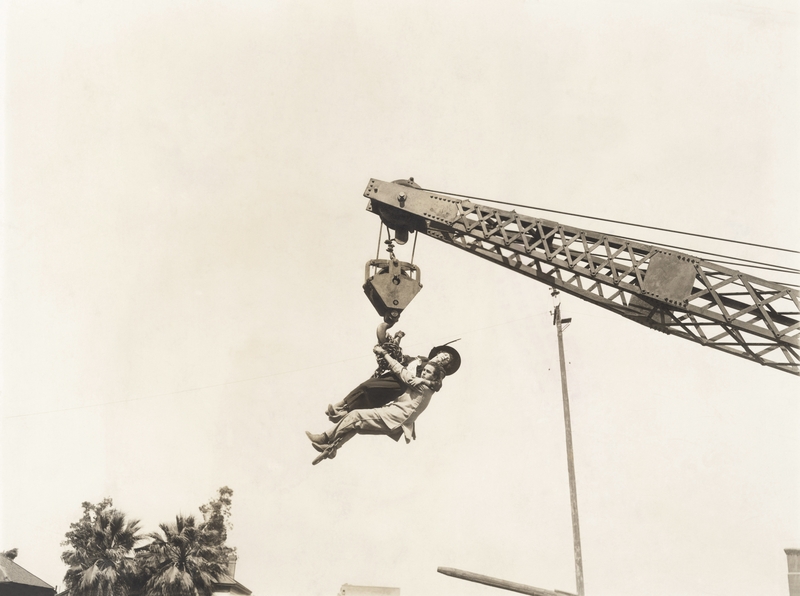Dangle (v) – to hang or cause to hang so as to swing freely
I mention dangling participles and modifiers in at least 90% of my editorial letters – maybe more. I always make sure that the author knows what a participle is and what a modifier is before I explain why they shouldn’t be allowed to dangle.
A participle is a word formed from a verb. Some people expect these all to be -ing words (such as going, walking etc), which is why they are commonly mistaken for gerunds (which is a verb form that functions as a noun, as in ‘I like swimming’). However, a participle doesn’t have to end in -ing; an example would be ‘gone’, as in ‘gone fishing’ – which is actually a participle followed by a gerund.
So far, so good (I hope). When a participle is followed by what is effectively a noun phrase, a participial phrase is created. Some authors use participial phrases to avoid starting a sentence with a pronoun, but these phrases do tend to come loaded with their own particular set of issues.
Let’s look at a sentence beginning with a participial phrase: ‘Going to the shops, I walked quickly.’ Absolutely nothing wrong with that. The participial phrase modifies the following noun – ‘I’. But what if you are a novelist, and you fill an entire paragraph with sentences such as this? It’s quite possible – likely even – that your reader will soon become bored, distracted or even annoyed by the repetitious rhythm. I usually find that if an author has used several participial phrases in their first paragraph, the book is likely to contain a similar distribution throughout. So that’s the first issue – the tendency to repeat a distracting sentence construction. I will deal with how to avoid beginning sentences with character names and pronouns at some future date.
 The next potential stumbling block is the subject of this post, the dangling participle. Take the sentence used above and modify it slightly: ‘Walking to the shops, the sun was shining brightly.’ This is an easy one; ‘Walking to the shops’ does not have the right noun to attach itself to, so it tries for ‘the sun’, but that is clearly wrong. The sun is not walking to the shops. But most sentences containing dangling participles are more complicated than this one, so by the time the author has written the various components of the sentence, the intention of the beginning phrase has been forgotten, and a dangler ensues. The author is too involved in the story to notice, but you can guarantee that a reader will.
The next potential stumbling block is the subject of this post, the dangling participle. Take the sentence used above and modify it slightly: ‘Walking to the shops, the sun was shining brightly.’ This is an easy one; ‘Walking to the shops’ does not have the right noun to attach itself to, so it tries for ‘the sun’, but that is clearly wrong. The sun is not walking to the shops. But most sentences containing dangling participles are more complicated than this one, so by the time the author has written the various components of the sentence, the intention of the beginning phrase has been forgotten, and a dangler ensues. The author is too involved in the story to notice, but you can guarantee that a reader will.
One sometimes controversial issue caused by participial phrases is the creation of impossible simultaneity (e.g. ‘Closing the door and taking off his coat he lit a cigarette.’ All of those things can’t be done at the same time). Some commentators on linguistics believe that simultaneity is not implied by such phrases. My view is that more often than not, if several actions can be perceived to be happening at the same time, that might be enough to pull the reader out of the book. Sometimes the issue is minor and would be ignored or not noticed in reading, but other times it is glaring. Often just re-ordering the sentence will solve any perceived or actual issues.
Mignon Fogarty has a great resource (Grammar Girl) for helping with such constructions. Here are a couple of links https://www.quickanddirtytips.com/education/grammar/dangling-participles and https://www.quickanddirtytips.com/education/grammar/misplaced-modifiers




